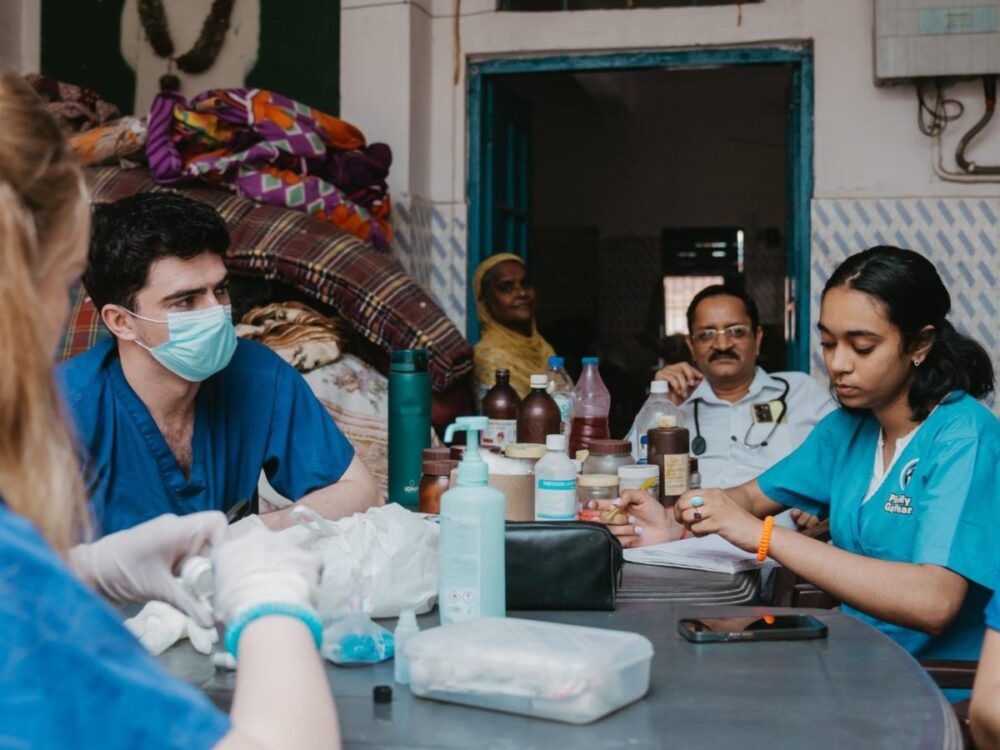Volunteerism has always been a cornerstone of the medical community. Doctors, nurses, medical students, and other healthcare professionals generously offer their time and expertise to support underserved populations globally.
This effort not only delivers crucial healthcare to those in dire need but also significantly transforms communities by enhancing the capabilities of local healthcare infrastructures. Numerous medical nonprofits are pivotal in coordinating and enabling these volunteer-driven initiatives, ensuring effective and widespread impact
Providing Healthcare to Underserved Communities
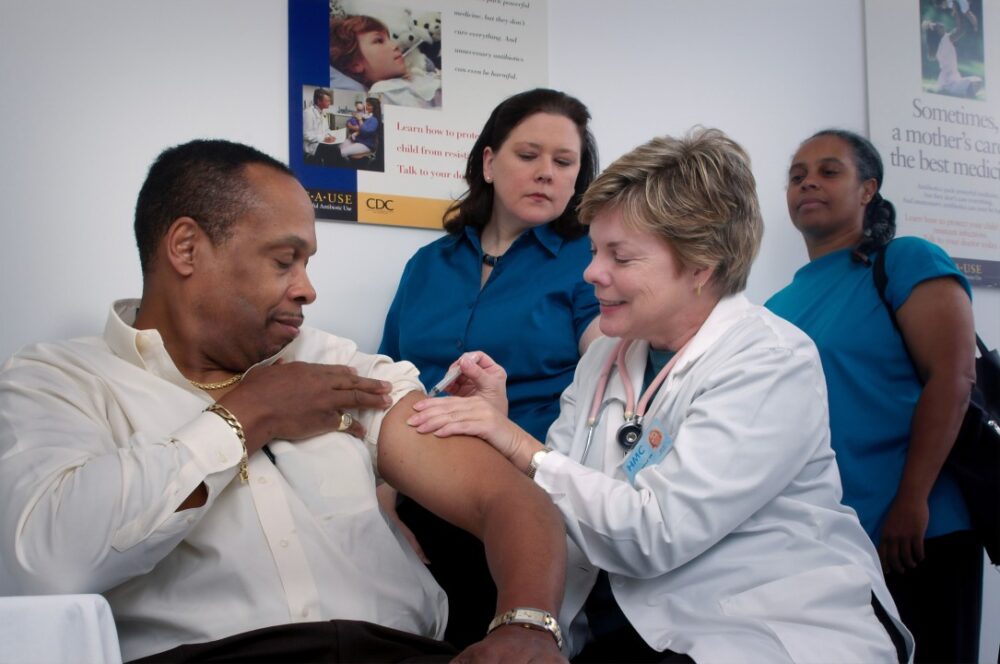
Source: linkedin.com
Many communities around the world lack access to even basic medical services.
Volunteer medical professionals help fill this void by donating their time and skills. Makeshift clinics are set up in remote villages, urban slums, refugee camps, and disaster sites that have little or no healthcare infrastructure.
Volunteers diagnose conditions, administer treatments, distribute medications, and provide preventative care ranging from immunizations to dental cleanings. They attend to general health ailments and help manage chronic diseases.
Mental health support is provided for anxiety, depression, and trauma. Rehabilitative services help those with disabilities or injuries regain mobility and function. Women’s health services, including prenatal/postnatal care and gynecology, are also provided.
Through initiatives like BBF Global Relief, this wide scope of care gives local residents vital services they desperately need but cannot otherwise get because of poverty, geography, or displacement. The impact of just a few days of volunteer care in an underserved community can be lifesaving and life-changing.
Strengthening Local Capacity
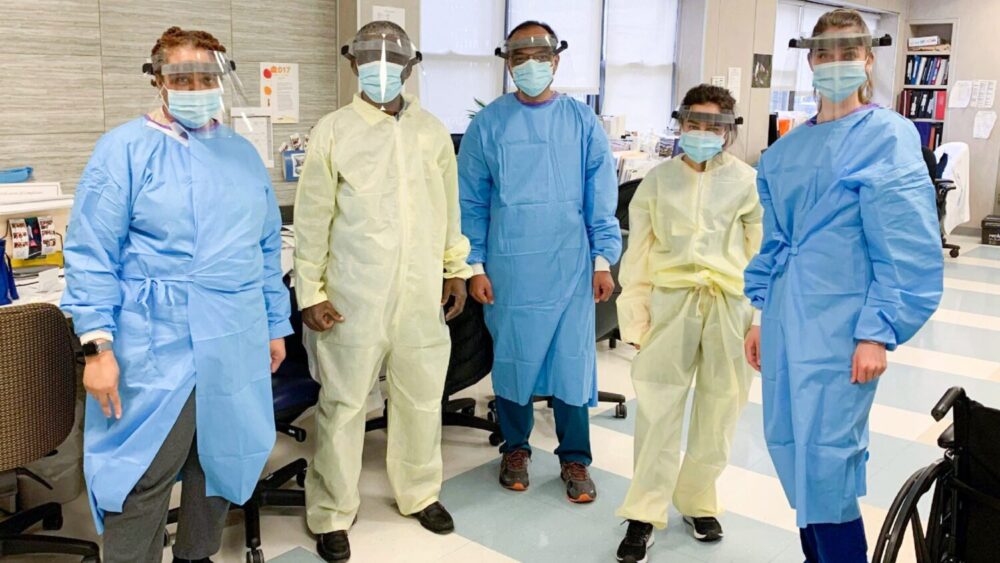
Source: and.flintandgenesee.org
Importantly, volunteerism in medicine is not just about providing direct care during temporary medical missions.
It is also focused on training local healthcare workers so they can take over managing community health long-term. Volunteers educate on best practices in areas like prenatal care, infectious disease prevention, chronic illness treatment, trauma response, and more.
They demonstrate the use of medical equipment and technologies that locals can adopt as appropriate. Ongoing workshops and hands-on coaching build local medical expertise over time, while investing in local capacity leads to sustainable improvements that remain even after foreign volunteers have departed, facilitating quality care independent of outside aid. This strengthens community self-reliance.
Cultivating Future Generations
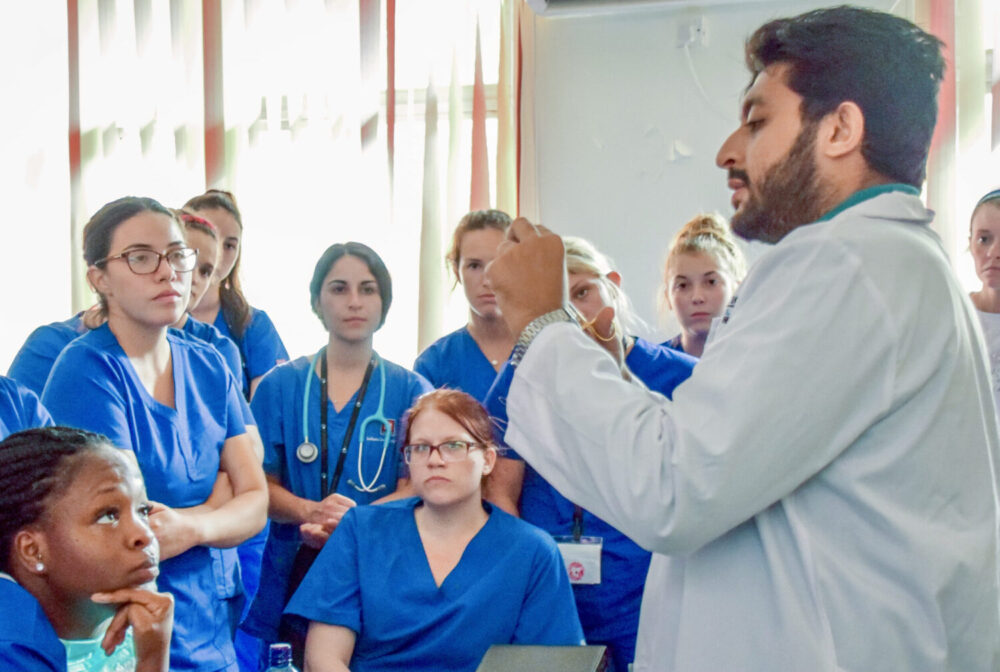
Source: medicalaid.org
Inspiring young people to pursue careers in medicine is another way medical volunteerism transforms communities.
Volunteers serve as powerful role models that motivate youth to envision themselves as healthcare professionals in the future. They see how providing compassionate care makes a tangible difference, planting seeds to become nurses, doctors, pharmacists, dentists, and therapists themselves.
Some medical volunteer programs also offer scholarships or pathways to professional training for top students.
This supports those with talent and passion but not the means to pursue higher education. Cultivating local talent helps ensure healthy and prosperous communities for generations to come as community members are empowered to lead their people’s care.
Fostering Cultural Exchange
The exchange of knowledge goes both ways with medical volunteerism.
Locals share their cultural health practices and beliefs with visiting medical providers to facilitate appropriate care. This includes home remedies, spiritual rituals, and traditional diets, which often have legitimate therapeutic benefit.
Volunteers likewise educate about Western medicine, including the latest innovations in diagnostics, pharmaceuticals, medical procedures and technology. The bonds built through collaborative healthcare can strengthen global solidarity.
Ethical Considerations in Medical Volunteerism
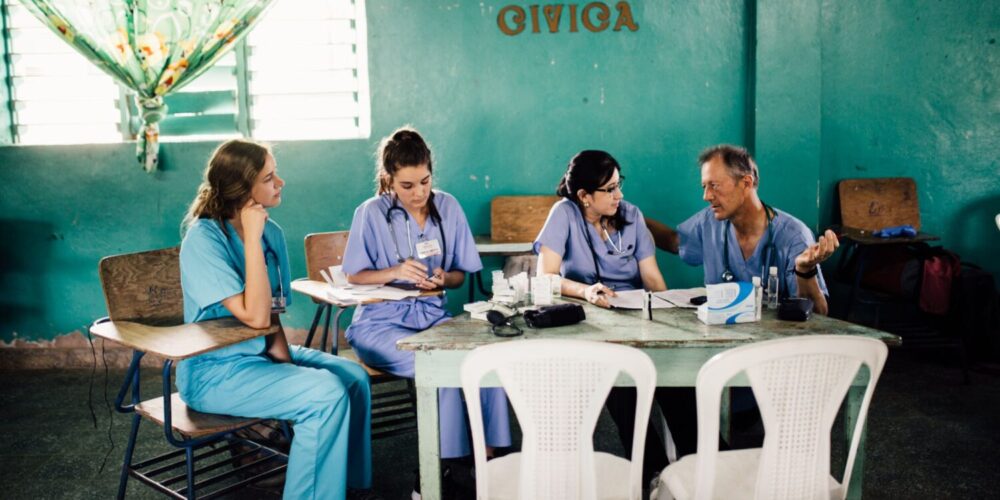
Source: blog.globalbrigades.org
Ethical considerations are paramount in medical volunteerism, ensuring that aid is respectful, non-exploitative, and culturally sensitive.
Volunteers must navigate ethical dilemmas, such as respecting local customs while providing evidence-based care, and avoiding the imposition of external values. The principle of ‘do no harm’ extends to maintaining patient confidentiality, obtaining informed consent, and ensuring interventions are sustainable post-departure.
Ethical training for volunteers is crucial for fostering mutual respect and understanding, ensuring that aid efforts empower rather than undermine local healthcare systems and cultural practices.
Challenges and Limitations of Volunteer Efforts
Volunteer efforts in medicine face numerous challenges, including logistical hurdles, resource scarcity, and varying local healthcare standards. Volunteers often work in settings with limited infrastructure, which can impede the delivery of care.
Political instability and security concerns in some regions add complexity to planning and executing medical missions. Additionally, the transient nature of volunteer work can lead to discontinuity in patient care.
Addressing these limitations requires careful planning, robust support systems, and ongoing collaboration with local healthcare providers to ensure that volunteer efforts complement existing services and contribute to long-term health improvements.
Technological Innovation and Remote Support

Source: futurescot.com
Technological innovations play a critical role in extending the reach and enhancing the effectiveness of medical volunteer efforts. Telemedicine platforms allow for remote diagnostics and consultations, breaking down geographical barriers to specialist care.
Digital health records facilitate better patient tracking and continuity of care across different volunteer teams. Mobile health apps provide accessible health education and monitoring tools for remote communities.
Embracing these technologies can amplify the impact of volunteer work, making healthcare more accessible and efficient, and enabling volunteers to support underserved communities even from afar.
Partnerships and Collaboration
Strong partnerships and collaboration are essential for maximizing the impact of medical volunteerism.
Working closely with local healthcare providers, governmental agencies, and international health organizations ensures that volunteer efforts are aligned with local health priorities and integrated into broader health strategies.
These collaborations can enhance resource allocation, prevent service duplication, and ensure that volunteer initiatives are sustainable. Building relationships based on trust, mutual respect, and shared goals fosters a cooperative environment that can overcome challenges and leverage diverse strengths for the betterment of community health.
Conclusion
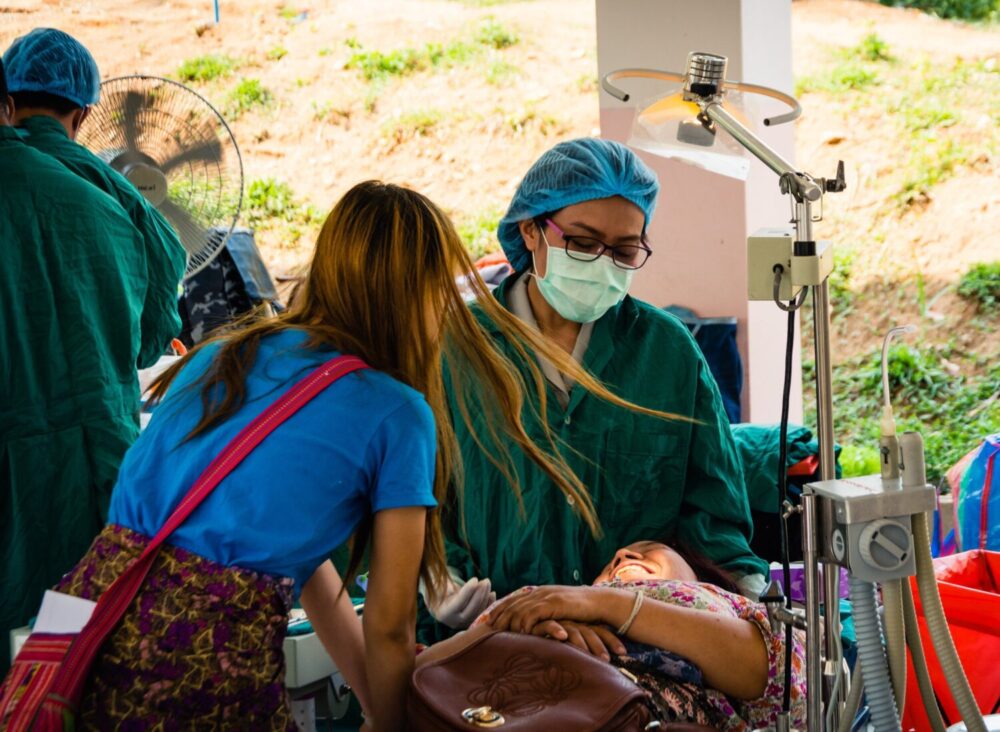
Source: studentdoctor.net
Volunteerism has a really important impact when it comes to bringing healthcare to impoverished and marginalized communities worldwide.
Medical volunteers save lives through direct care while also transferring vital knowledge and skills to local healthcare workers. This not only helps to transform community health outcomes today but also propagates quality care for years to come.
Selfless people who give their time and expertise show compassion while gaining illuminating cultural experiences.
Ultimately, volunteerism in medicine embodies the deepest human values of service and connection. It exemplifies how giving back creates rippling change that improves the world.


